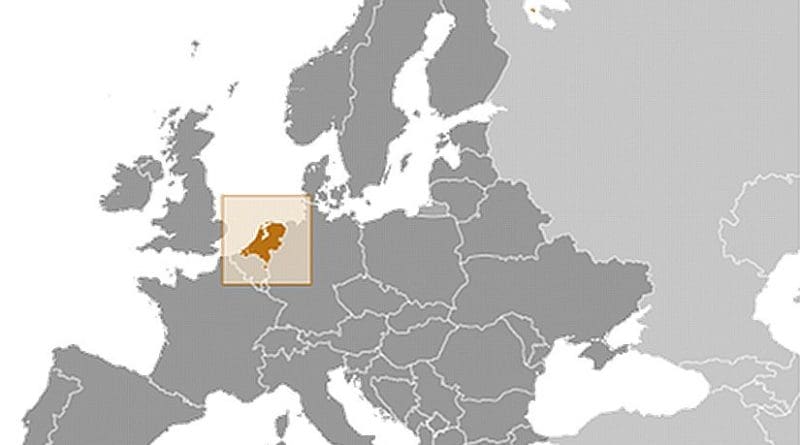Netherlands: Use Of Virtual Girl ‘Sweetie’ To Fight Child Abuse Problematic
The use of virtual girl Sweetie, used by the police to investigate pedofiles, is problematic in the Netherlands. Researchers of Leiden University and Tilburg University conclude that this is due to the criminal law applicable at the moment.
In the Netherlands the chance that the use of Sweetie will lead to a successful conviction is much smaller than in countries like the United States, Canada, the United Kingdom and Australia. In these countries the law is more flexible when it comes to the use of these kind of investigative methods. This conclusion is the result of a big law comparison research project in 19 countries. Terre des Hommes commisioned this project to Leiden University and Tilburg University.
Pretending to be a real girl
Sweetie 2.0 is developed by the Dutch organisation Terre des Hommes to fight the growing problem of webcam sex tourism. Via chatrooms on the internet paedophiles ask children, mostly from countries like the Philipines, to have paid webcamsex with them.
Sweetie is an artificially intelligent girl who pretends to be a real girl in chatrooms. When a suspect seeks contact with Sweetie, she can save the conversation and help the police in tracing the suspect. Terre des Hommes is now thinking of using Sweetie outside of the Netherlands.
Changes in law
The research outcome has led to a renewed interest at the Dutch Department of Justice into the proposed changes to articles 248a and 248e Sr. At the moment there is a proposal for new regulation, ‘Computercrime III’. The proposed changes allow the use of people pretending to be under age. They allow the paedophile to lure them to an actual meeting with the intent of sexual conduct (‘grooming’).
Bart Schermer thinks these changes are an opportunity to also change the law where it concerns the use of Sweetie. “The upcoming changes are limited to ‘grooming’. If you want to use Sweetie to fight child abuse, you should also change other parts of the Criminal Law. Still you have to be careful when you do allow the strategy of ‘luring’ someone. The suspect can have other intentions than the police think.”

